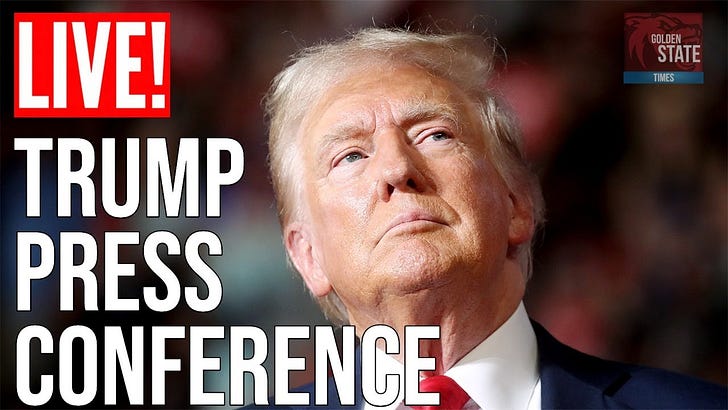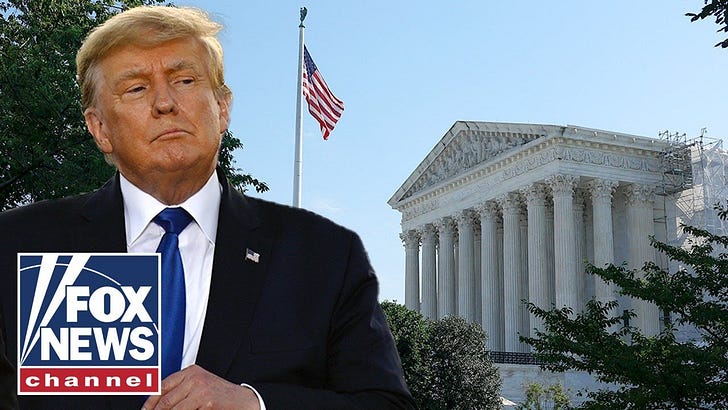img: cropped a photo image of the U.S. Constitution, National Archives online
U.S. Constitution, Article 6
All Debts contracted and Engagements entered into, before the Adoption of this Constitution, shall be as valid against the United States under this Constitution, as under the Confederation.
This Constitution, and the Laws of the United States which shall be made in Pursuance thereof; and all Treaties made, or which shall be made, under the Authority of the United States, shall be the supreme Law of the Land; and the Judges in every State shall be bound thereby, any Thing in the Constitution or Laws of any State to the Contrary notwithstanding.
The Senators and Representatives before mentioned, and the Members of the several State Legislatures, and all executive and judicial Officers, both of the United States and of the several States, shall be bound by Oath or Affirmation, to support this Constitution; but no religious Test shall ever be required as a Qualification to any Office or public Trust under the United States.
The Supremacy Clause in Article VI of the U.S. Constitution establishes that federal law is supreme when it conflicts with state law.
This allows the federal government to prosecute certain conduct even if state authorities decline to act, or to prosecute the same conduct in parallel with state proceedings.
However, states generally possess primary authority to criminalize local conduct, and Congress cannot punish felonies generally unless the behavior relates to the execution of a power of Congress or a matter within federal jurisdiction.
Most crimes are violations of state and local laws, falling under state and local jurisdiction.
Federal law enforcement agencies typically have jurisdiction over violations of federal law anywhere in the United States and may also have authority over many state laws where they are cross-sworn.
On federal land, including Native American reservations, federal law typically supersedes state law.
The federal government has broader authority to regulate federal law enforcement officers and agencies compared to state and local police.
Perspectives
Prioritize Local Law Enforcement and Limit Federal Overreach
Federal intervention in local law enforcement should be a last resort; elected officials should be held accountable for empowering local police to enforce laws effectively.
Granting more power to the federal government, even for good causes, can lead to overreach; state and local governance is important to maintain community impact.
The primary police power resides with the states, not with Congress, and the federal government cannot ‘commandeer’ state officials to enforce federal laws unless said state officials act contrary to our national security.
Federal Authority is Necessary and Can Supersede Local Law
Federal law is supreme over state law when there is a conflict, allowing federal prosecution even if state authorities decline to act or to prosecute in parallel - which means every local and district judge must act accordingly as well. There is a reason we have a Federal Supreme Court.
Federal law enforcement is still executing laws and making arrests despite protests, and the federal government is able to act.
A court ruling can be a significant setback for states trying to restrict federal immigration enforcement through local legislation or district judges, potentially increasing collaboration between federal agencies and private contractors.
The Supreme Court has clarified that immigration enforcement is the sole duty of the federal government, and state/local police only carry out immigration enforcement if specifically authorized.
How Does the Posse Comitatus Act Relate to Federal Intervention?
The Posse Comitatus Act restricts federal military authority from participating in domestic law enforcement.
However, the National Guard can be called in as a direct exception to this act.
The concern with such military involvement is mission creep, where troops enforcing laws can blur the line between civilian policing and military force, which the act was designed to prevent .
What is the Insurrection Act?
The Insurrection Act is a federal law that authorizes the president to call upon the military for civilian law enforcement.
This can be done in cases of “invasion, insurrection, or obstruction of the laws,” to protect civil rights, or when the president deems it impossible to enforce the law in a particular area without intervention .
What Are Historical Examples of the Insurrection Act Being uUsed?
The Insurrection Act, or its predecessors, has been invoked more than two dozen times throughout American history by at least 16 different presidents .
Notable historical uses include…
Early Rebellions: Presidents George Washington and John Adams used it in response to early rebellions against federal authority . Thomas Jefferson used it in 1807 to deter Aaron Burr from claiming territory and forming a “spinoff nation”.
Civil War: Abraham Lincoln invoked the Act at the start of the Civil War.
Reconstruction Era: President Ulysses S. Grant used it to crush the first incarnation of the Ku Klux Klan in the 1870s to protect the civil rights of formerly enslaved persons.
Labor Disputes: President Grover Cleveland invoked it during violent labor disputes, such as the Pullman Strike in 1894 . Woodrow Wilson used it in 1914 for a labor uprising in Colorado, and Warren Harding in 1921 for a labor uprising in West Virginia.
Civil Rights Movement: Presidents Eisenhower, Kennedy, and Johnson deployed troops under the Act to protect civil rights and enforce desegregation after Brown v. Board of Education.
Civil Unrest: The last time a U.S. president used the Insurrection Act was in 1992, when George H.W. Bush sent troops to Los Angeles during the Rodney King protest.
How does the Insurrection Act interact With Posse Comitatus?
The Posse Comitatus Act generally prohibits the use of the U.S. military for domestic law enforcement purposes.
However, the Insurrection Act serves as a significant exception to the Posse Comitatus Act.
It allows the president to deploy the military inside the United States and use it against Americans in specific circumstances, such as to suppress rebellions or enforce federal laws.
What Are the Specific Circumstances for Invoking the Insurrection Act?
The Insurrection Act grants the president authority to deploy military forces domestically under specific circumstances.
These circumstances generally involve situations where…
Unlawful obstructions, combinations, or assemblages, or rebellion against the authority of the United States make it impracticable to enforce federal laws by ordinary judicial proceedings.
A state is unable to suppress an insurrection or is defying federal law.
The military is needed to preserve civil rights when state authorities fail to do so, as seen during desegregation after Brown v. Board of Education.
The act has also been used when a governor requests federal troops because they cannot enforce the law.
While some argue the president has wide discretion in deciding when to mobilize military personnel for domestic operations due to the act’s broad terms, others raise concerns about its potential misuse and the lowering of thresholds for military intervention in domestic situations.
What Are the Legal Limitations of the Insurrection Act?
While the Insurrection Act grants broad authority, its legal limitations are a subject of discussion.
Some sources highlight that the act’s broad terms, with little specific guidance, give presidents wide latitude.
However, this broad interpretation also raises concerns about potential abuse of power.
There have been bipartisan efforts to reform the Insurrection Act to narrow the scope of circumstances under which the president can use it, require presidential consultation with Congress, and limit domestic military deployments to 30 days .
Legal experts have also noted that the ability to challenge a president’s authority to use the Insurrection Act could be difficult .
SOURCES
https://www.americanimmigrationcouncil.org/fact-sheet/sanctuary-policies-overview/
https://www.blm.gov/programs/law-enforcement/laws-and-regulations
https://www.chuckfranklinlaw.com/blog/jurisdictional-differences-state-city-native-american-police
https://www.congress.gov/crs_external_products/LSB/HTML/LSB10500.web.html
https://www.fletc.gov/territorial-jurisdiction-federal-property-mp3
https://freespoke.com/podcasts/246725/unflinching-obligation?t=1771.3399658203125
https://freespoke.com/podcasts/326070/the-3-day-rule-or-08-14-2025?t=2380.739990234375
https://jones-mayer.com/vol-28-no-5-the-enforcement-of-federal-laws-by-local-law-enforcement/
https://law.justia.com/constitution/us/article-1/43-concurrent-federal-and-state-jurisdiction.html
https://www.justice.gov/archives/jm/criminal-resource-manual-1550-local-law-enforcement-18-usc-1752
https://scholarship.law.nd.edu/cgi/viewcontent.cgi?article=5107&context=ndlr
https://www.reddit.com/r/AskLE/comments/1hnl56u/what_kind_of_jurisdiction_do_federal_law/
https://law.stackexchange.com/questions/106069/us-jurisdictions













